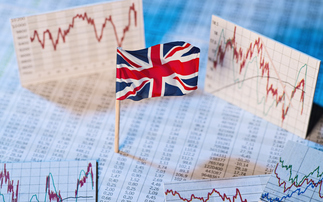Socially responsible investing (SRI) has undergone a remarkable journey from its faith-based origins in the early part of the 20th century, to a sudden acceleration in the last two decades. It now has over 100 products covering not only asset class, but also geography and global themes such as climate change, water and renewable energy
Despite the growth in SRI funds, a large dose of scepticism persists. The exclusion of companies via negative screening is seen by many critics as an Achilles heel. There is a perception of increased risk by excluding companies involved in “negative” activities such as alcohol and tobacco production, armaments, pornography and gambling. The natural mid- and small-cap bias for SRI funds combined with the inability to invest in defensive sectors such as defence, tobacco and alcohol during financial downturns are oft cited risk factors. This in turn has arguably led to the biggest cha...
To continue reading this article...
Join Investment Week for free
- Unlimited access to real-time news, analysis and opinion from the investment industry, including the Sustainable Hub covering fund news from the ESG space
- Get ahead of regulatory and technological changes affecting fund management
- Important and breaking news stories selected by the editors delivered straight to your inbox each day
- Weekly members-only newsletter with exclusive opinion pieces from leading industry experts
- Be the first to hear about our extensive events schedule and awards programmes









